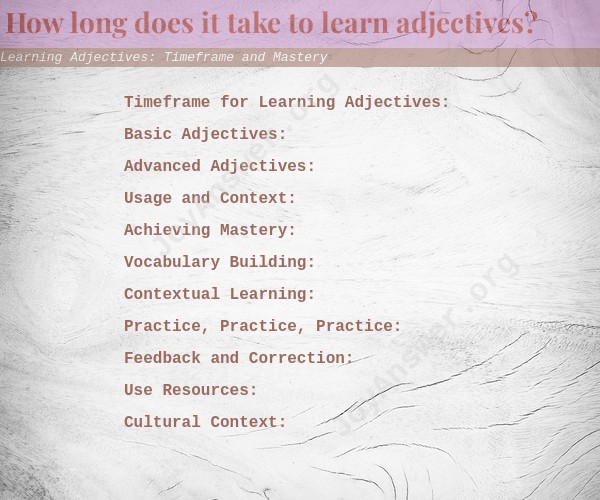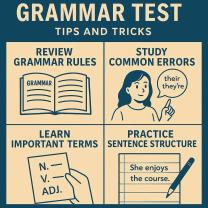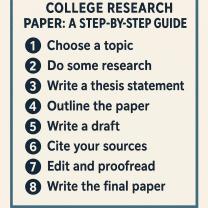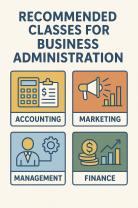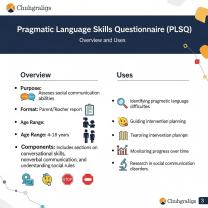How long does it take to learn adjectives?
Learning adjectives, like any aspect of language, varies from person to person based on factors such as language background, exposure, and personal learning style. Here's some information about the timeframe and achieving mastery when learning adjectives:
Timeframe for Learning Adjectives:The time it takes to learn adjectives depends on several factors, including your current language proficiency, the intensity of your learning efforts, and the complexity of the adjectives you're trying to master. Here are a few points to consider:
Basic Adjectives: Simple adjectives that describe color, size, shape, etc., can be learned relatively quickly, often within a few weeks or months of consistent practice.
Advanced Adjectives: More complex adjectives, such as those with nuanced meanings or requiring a deeper understanding of context, might take longer to fully grasp. This could range from several months to a year or more.
Usage and Context: Learning to use adjectives appropriately in different contexts, such as formal vs. informal language, spoken vs. written communication, can also influence the timeframe.
Achieving Mastery:Mastery of adjectives involves not only knowing their meanings but also using them effectively and accurately in sentences. Here's how you can work toward achieving mastery:
Vocabulary Building: Start with a basic list of common adjectives and gradually expand your vocabulary. Learn synonyms and antonyms to better understand shades of meaning.
Contextual Learning: Pay attention to how adjectives are used in sentences, paragraphs, and conversations. This helps you understand their nuances and appropriate usage.
Practice, Practice, Practice: Regular practice is key to mastery. Write sentences using adjectives, engage in conversations, read articles, and listen to native speakers to reinforce your learning.
Feedback and Correction: Seek feedback from language partners, teachers, or language learning apps to ensure you're using adjectives correctly. Correct mistakes to avoid reinforcing errors.
Use Resources: Utilize language learning resources such as textbooks, online lessons, flashcards, and language apps to reinforce your learning.
Cultural Context: Understand that adjectives can have cultural connotations and might be used differently in different cultures.
Immerse Yourself: Immerse yourself in the language by watching movies, listening to music, and reading books in the target language. This exposure helps you internalize the use of adjectives naturally.
Patience and Persistence: Language learning is a gradual process. Be patient with yourself and celebrate small victories along the way.
Remember that learning adjectives is not an isolated process but part of a broader language learning journey. As you continue to improve your overall language skills, your ability to use adjectives effectively will also improve.
